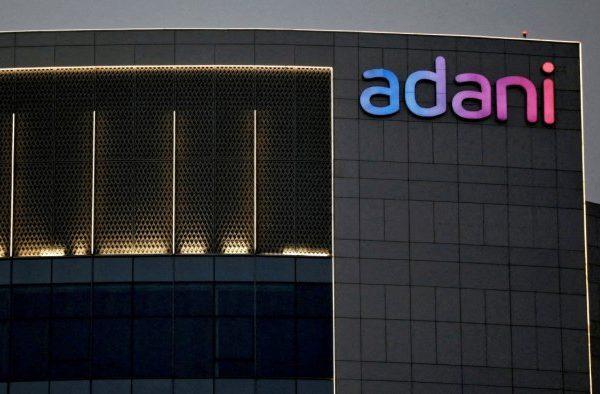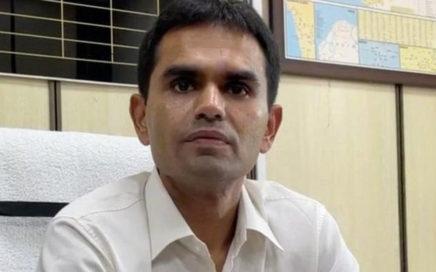
New Delhi: A Supreme Court-appointed panel of experts investigating the fallout of the Hindenburg allegations has given a clean chit to the Adani Group and said it appears there was no regulatory failure on the part of market regulator SEBI.
The Supreme Court panel of domain experts has said there was no price manipulation on the part of the Adani Group and the conglomerate had taken necessary steps to comfort retail investors. The mitigating measures taken by the group had helped in building confidence in the stock and the stocks are stable now, the panel said.
The committee, which recently submitted its findings to the Supreme Court, said SEBI had found out some entities had taken a short position before the Hindenburg report and had profited after the price crashed following the report. The committee found no pattern of artificial trading or wash trades among the same parties multiple times. No coherent pattern of abusive trading came to light either, said the committee.
No regulatory failure was found regarding Minimum Public Shareholding and there was no violation of compliances, the committee said. The committee clearly stated that the regulator had not been able to prove that its suspicion can be translated into a firm case of prosecuting an allegation of violation.
Foreign portfolio investors in Adani Group stocks are compliant with SEBI’s regulations, the committee said.
SEBI was asked to examine allegations of price manipulation in Adani stocks around the Hindenburg report. Several entities had taken short positions prior to the publication of the Hindenburg report, and since SEBI’s investigation into it is ongoing, the committee has chosen not to comment on the merits of this issue.
However, the Indian market was not unduly volatile during the period. The impact of Adani Group-related events on the overall market was low, as its index weightage was nil in Sensex-30 and around 2% in the Nifty 50.
Court panel’s report on the billionaire Gautam Adani’s conglomerate has been made public. On Friday, according to media reports, the apex court stated that at this stage it is not possible to conclude that there was a regulatory failure on the price manipulation allegation.
The US short seller’s mind-boggling report had accused Gautam Adani’s port-to-energy empire of stock manipulation among other fraud allegations. The panel’s report revealed that empirical data showed retail investors’ exposure in Adani listed stocks increased after January 24 which was the day when Hindenburg released its research report on Adani Group.
Also, the panel’s report stated that it was difficult to arrive at a finding of a regulatory failure of the legislative side. But acknowledged that there is a need for effective enforcement policy. Hence, SC advises that the enforcement policy must be consistent with the legislative policy adopted by SEBI.
Furthermore, in the Adani-Hindenburg case, the report pointed out that the chain of ownership of somewhat 13 overseas entities is not clear. Also, the ultimate owner of economic interest in an FPI couldn’t be ascertained. And that’s why, SEBI’s suspicion can’t be put to rest in the absence of FPI ownership details.
Not just that, the report also mentioned, SEBI has observed some entities took short positions before Hindenburg Report, and they profited by squaring off their positions after the Nathan Anderson-backed short seller’s report.

























